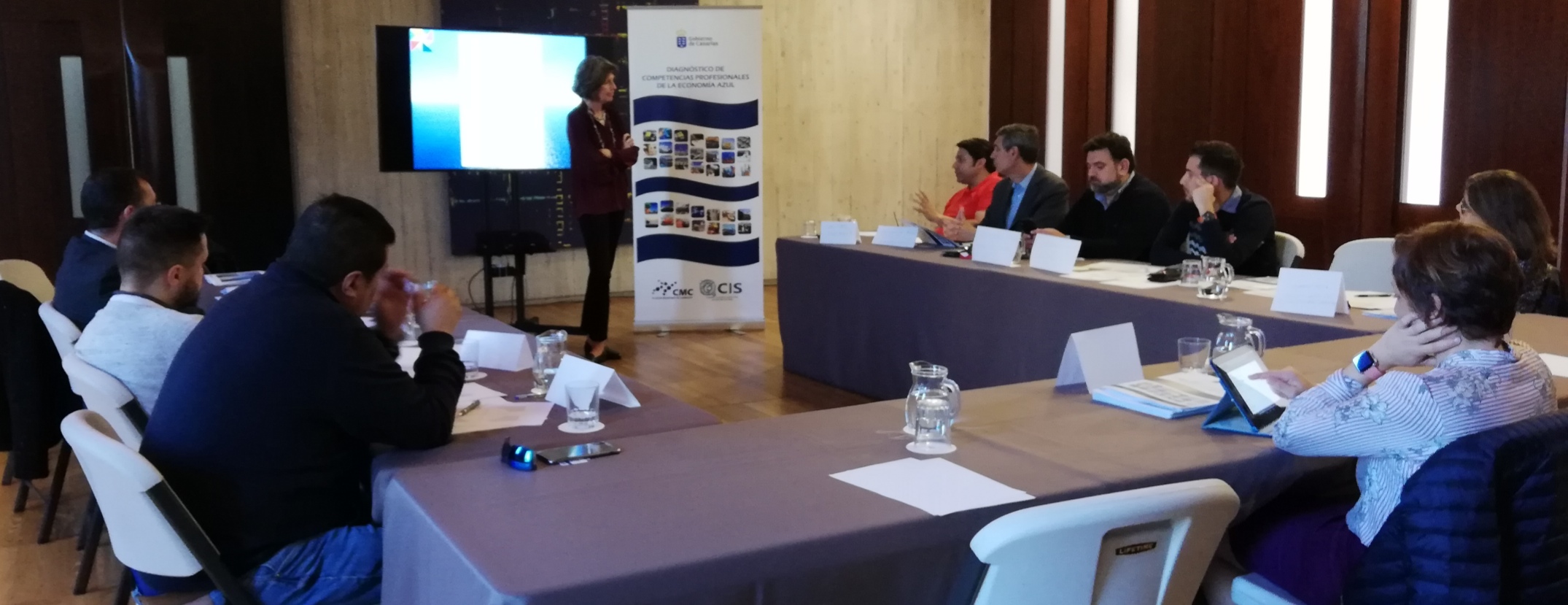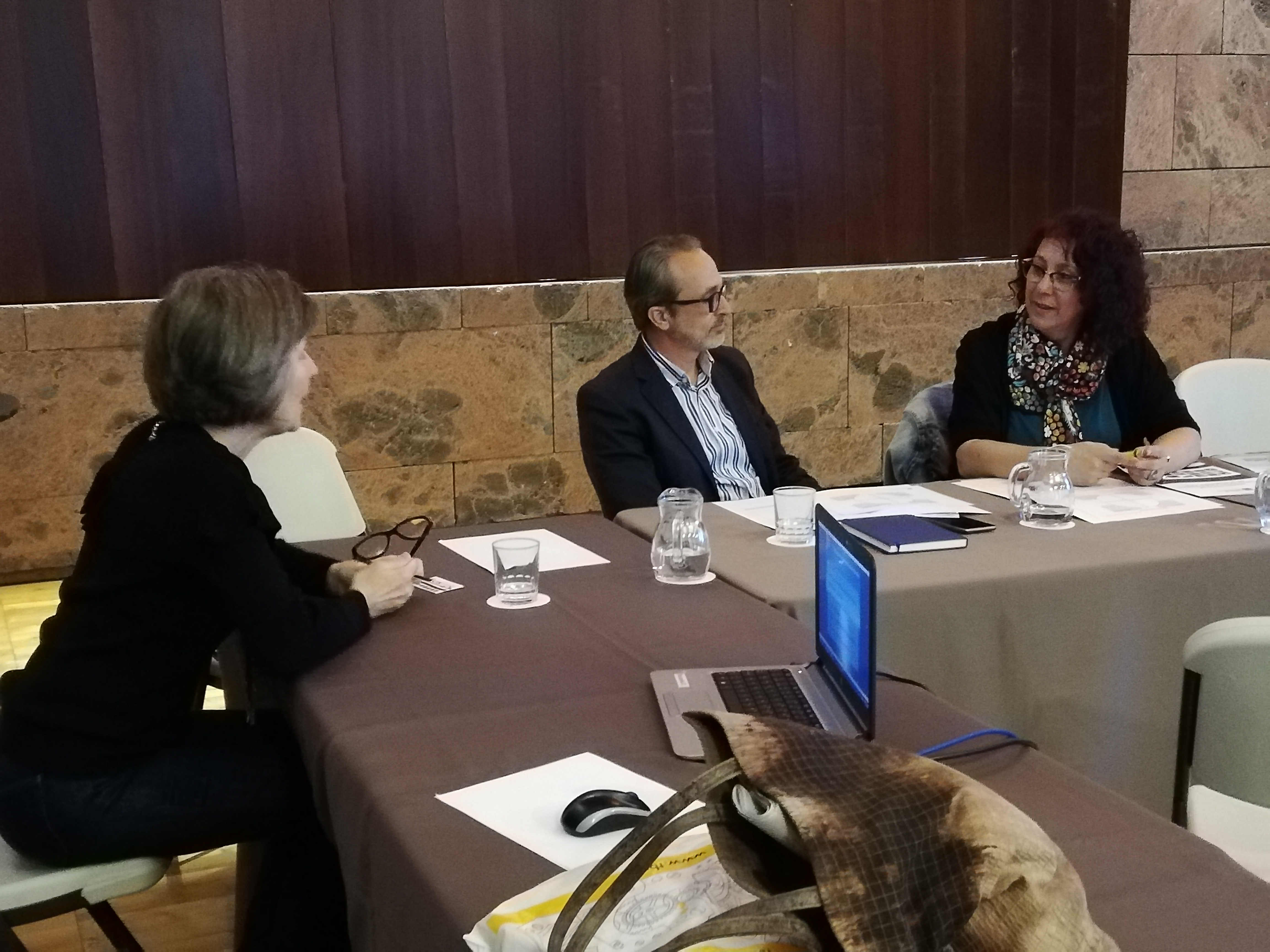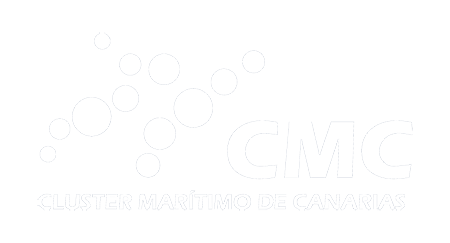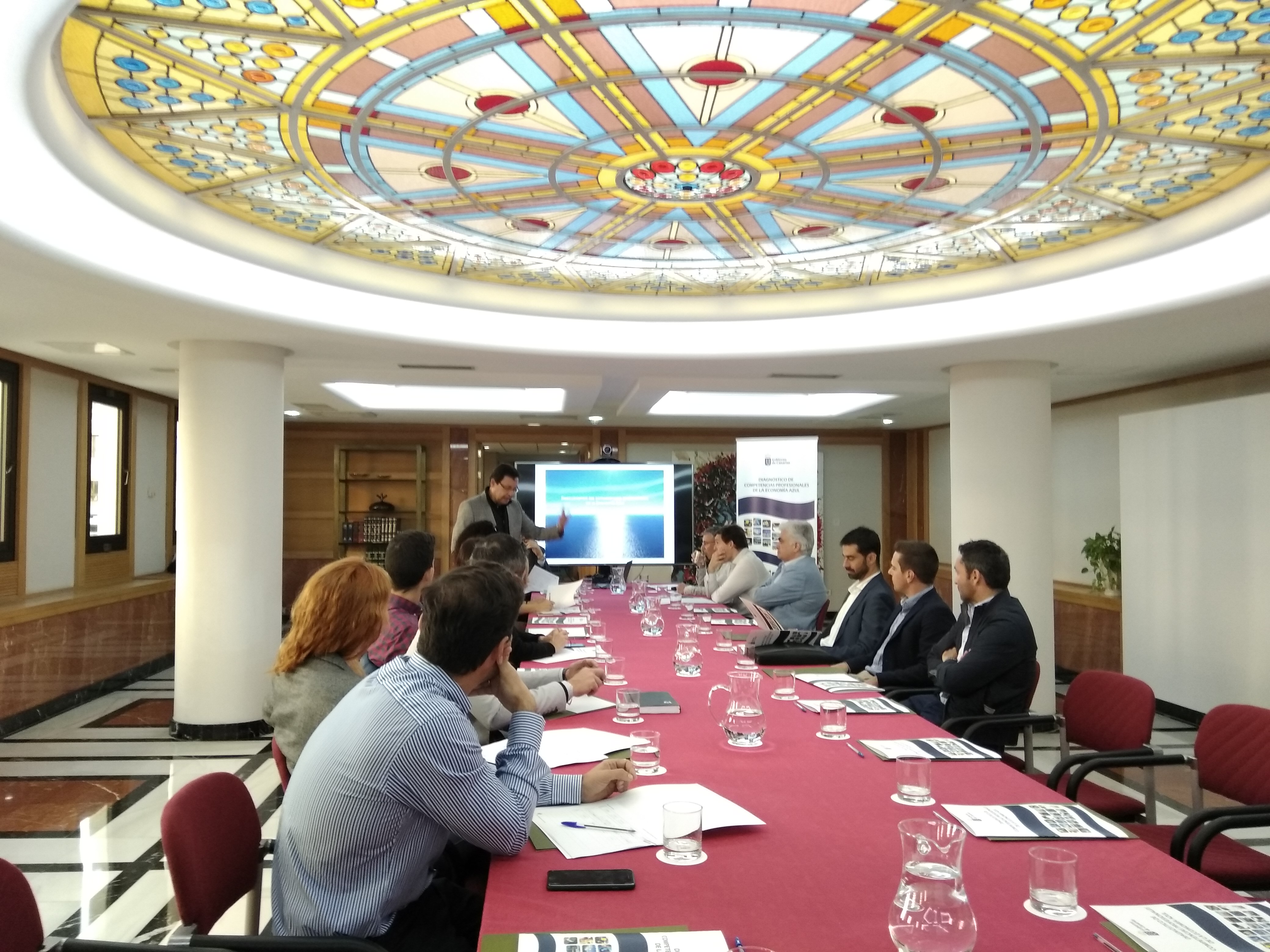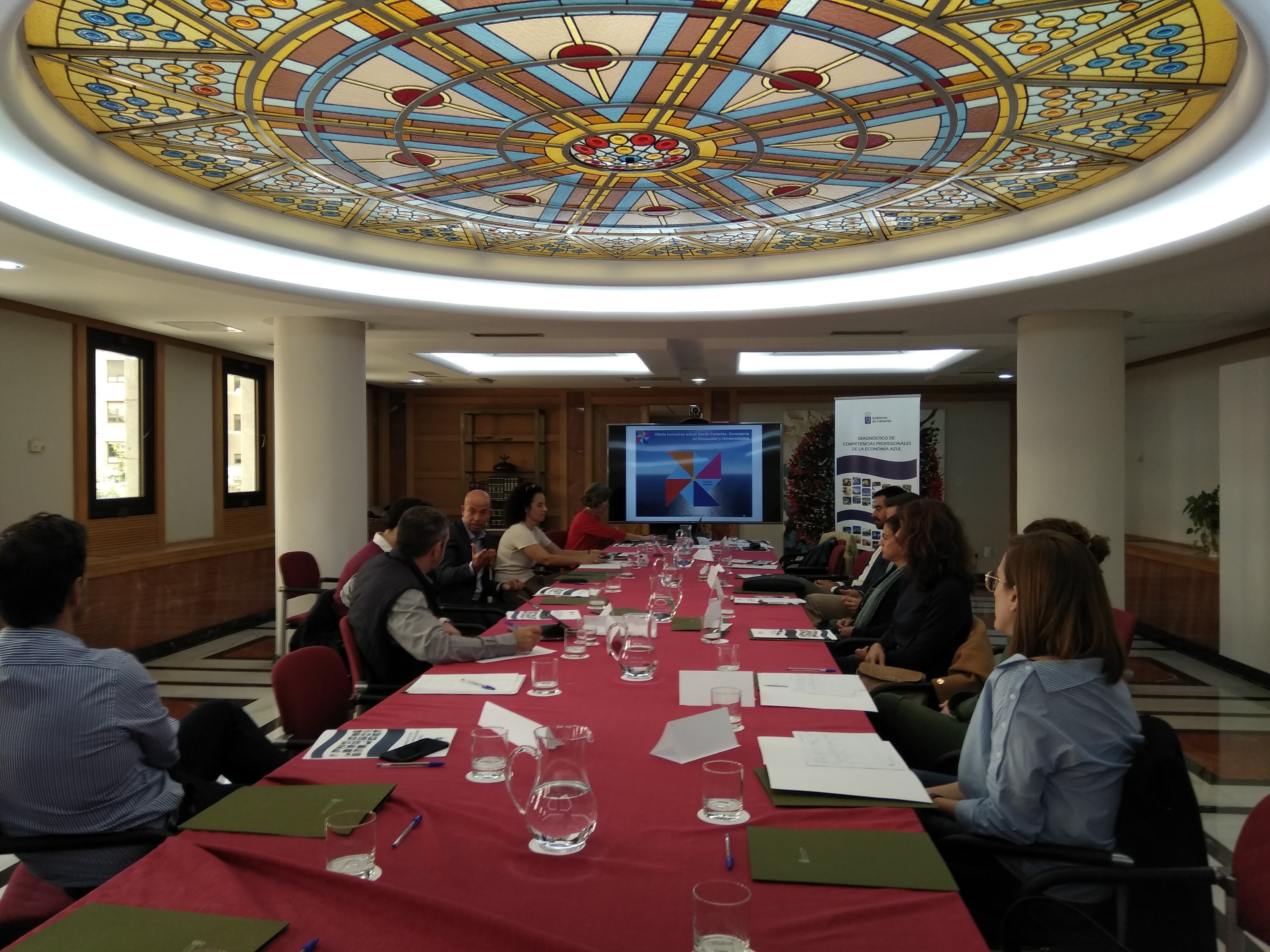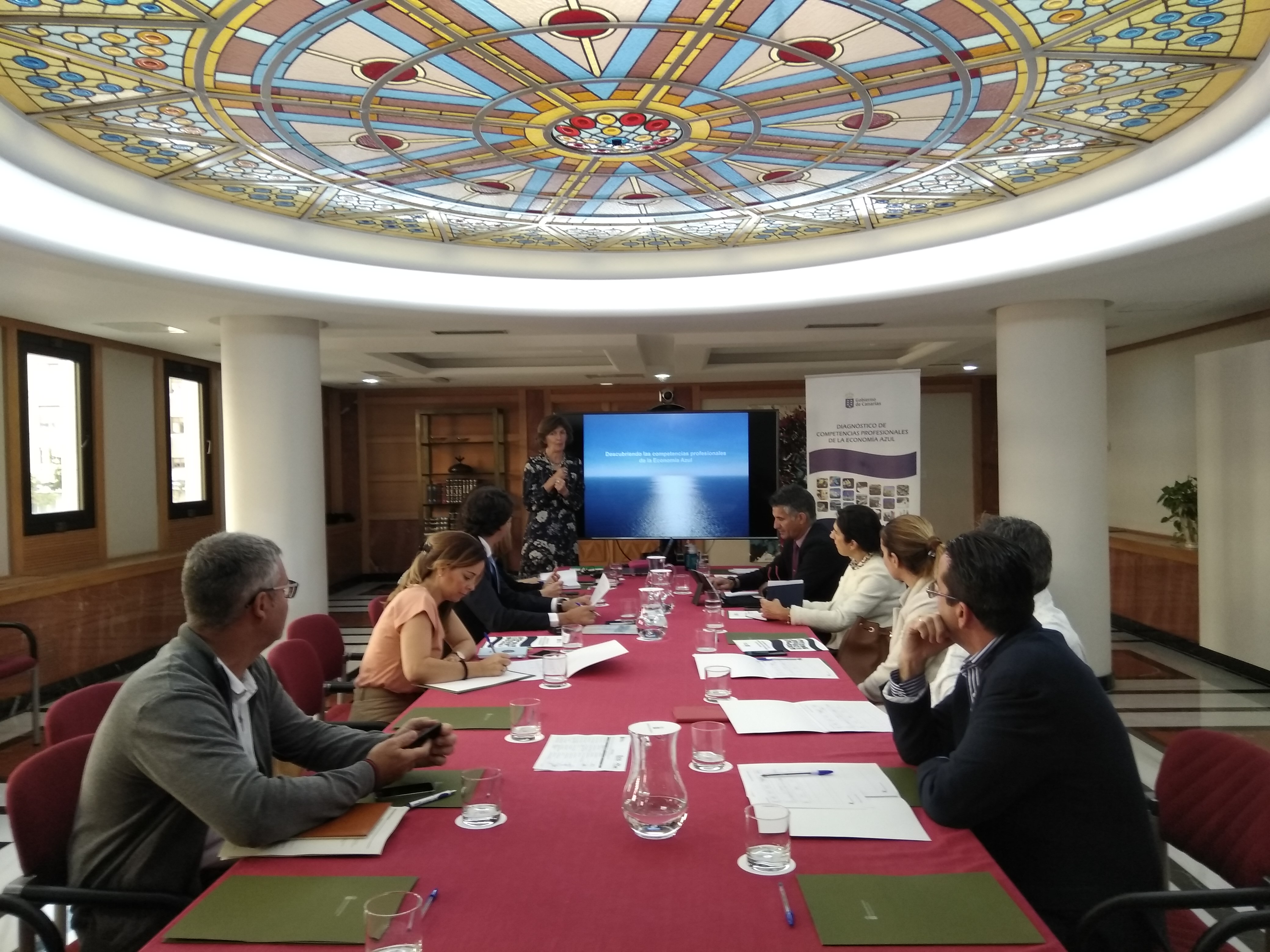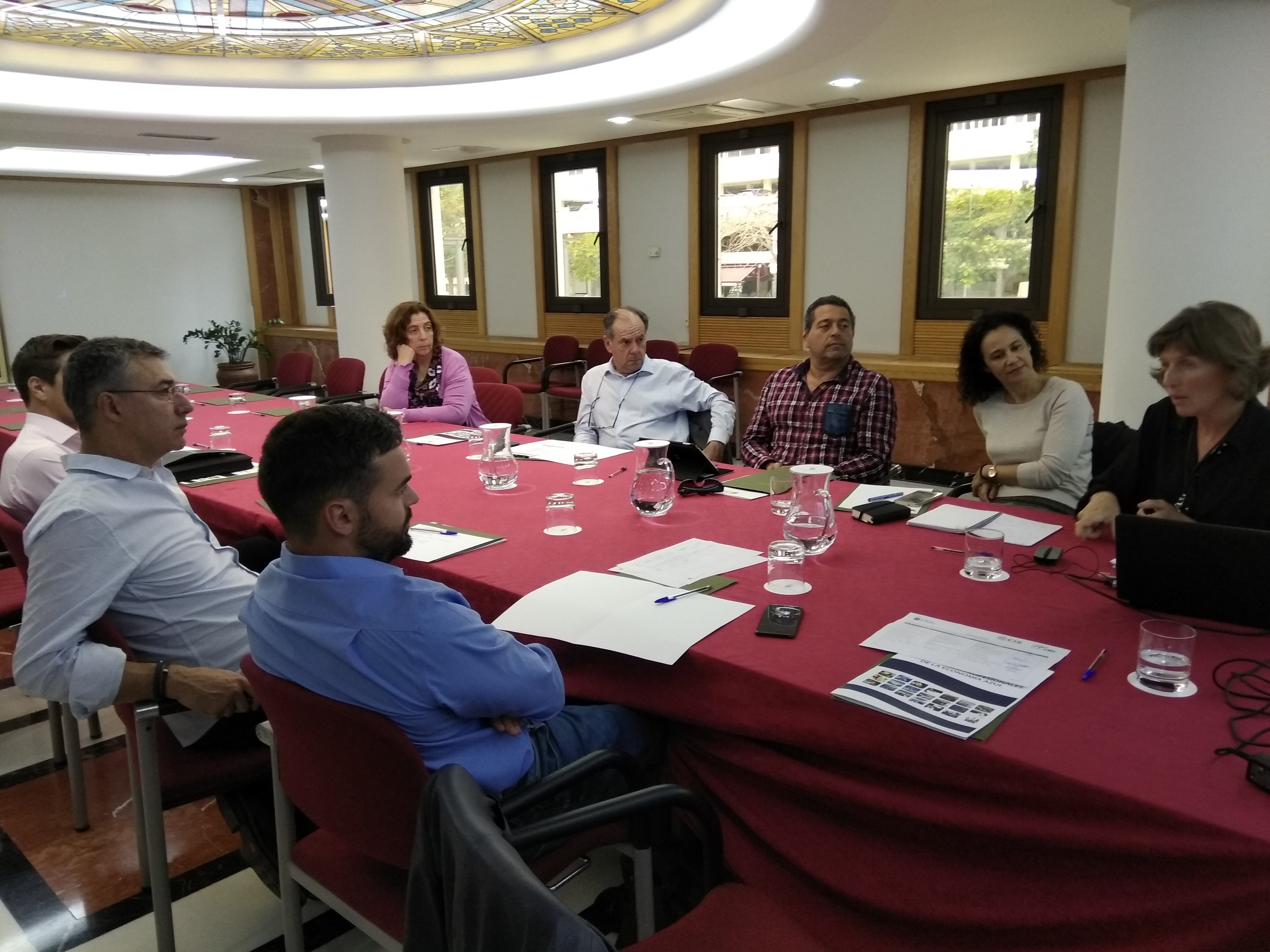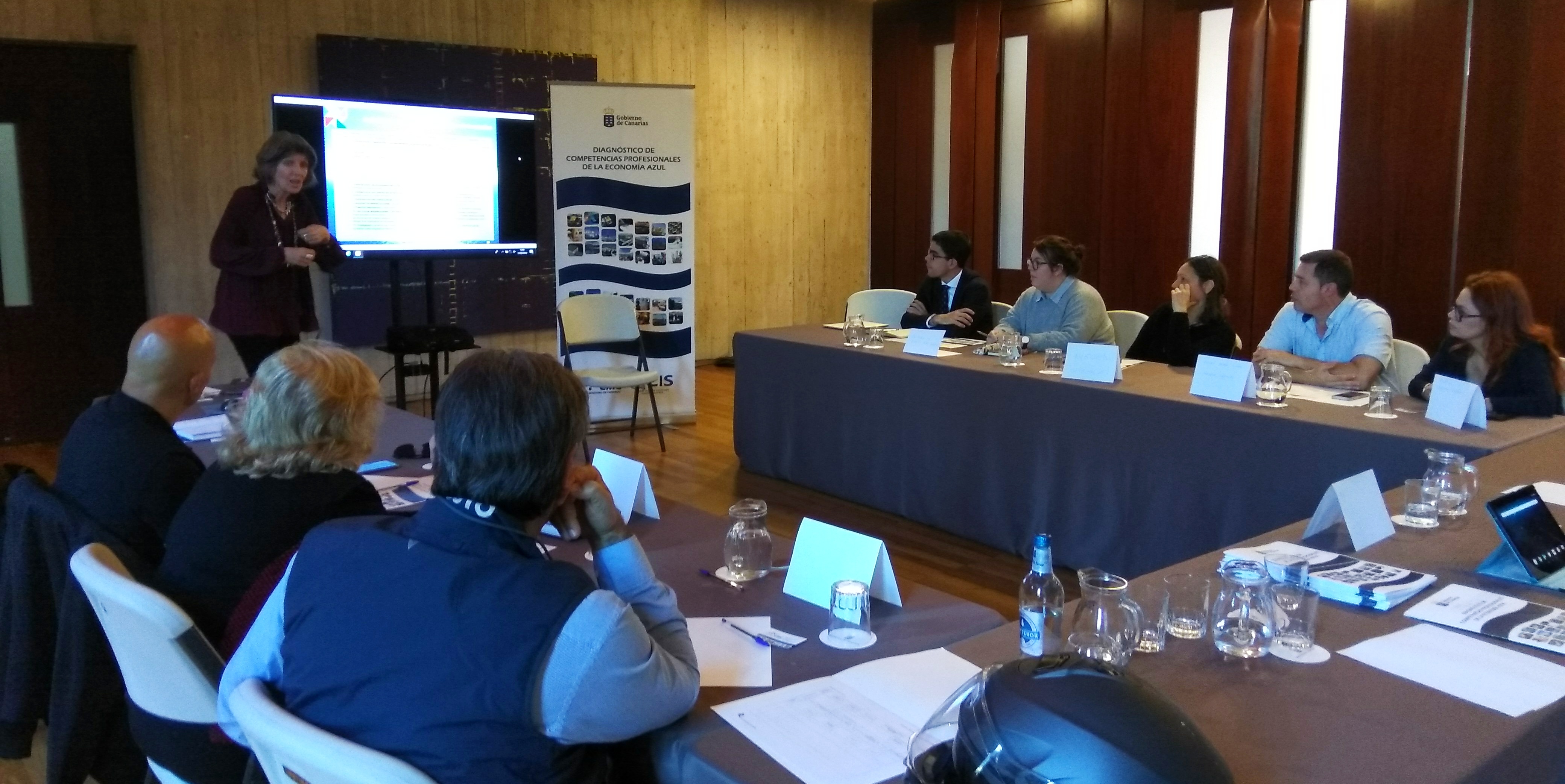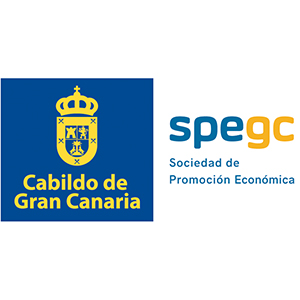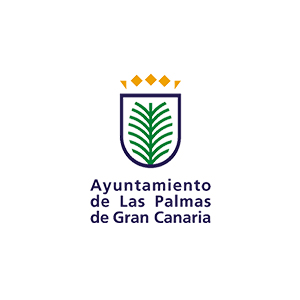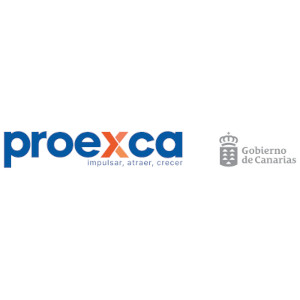The Canary Islands Maritime Cluster has organised for the Presidency of the Government of the Canary Islands, within the framework of its international promotion brand Canary Islands Suppliers and its INTERREG-MAC 2014-2020 projects: SMART BLUE (Activity 2.3.2) and NAUTICON, various working groups to improve the professional skills of the Blue Economy.
This initiative led by the Government of the Canary Islands, with the collaboration of the Canary Islands Maritime Cluster, aims to define the action plan to be implemented in the Canary Islands to adapt professional qualifications to the needs of the business sector that provides services in the field of the blue economy, adapting to the evolution of the market, as a tool to promote this blue economy in the Canary Islands and the enormous opportunities for economic and social growth it provides.
The meetings held within the framework of this strategy have been:
- Aquaculture Subsector in Gran Canaria
- Aquaculture Subsector in Tenerife
- Offshore Wind Subsector in Gran Canaria
- Naval Repairs Subsector in Tenerife
- Subsector of Naval Repairs in Gran Canaria
- Subsector of Nautical Tourism in Tenerife
- Subsector of Nautical Tourism in Gran Canaria
- Subsector of Nautical Marinas in Lanzarote
- Nautical Sports Subsector in Fuerteventura
- Desalination Subsector in Tenerife
- Desalination Subsector in Gran Canaria
- Logistics and transport subsector in Gran Canaria
- Throughout these meetings, the Canary Islands Maritime Cluster detected areas for improvement that we can consider transversal, despite the differences existing in the different subsectors:
- Parallel to the improvement of the professional qualification system, the business sector demands that the government of the Canary Islands lead an initiative that seeks to eliminate or reduce the administrative and bureaucratic obstacles and barriers that impede the growth of the sector and hinder its activity, such as licenses, permits, authorizations, etc., in which various institutions such as maritime captaincy, town councils, customs, port authorities, etc., intervene.
- The training given must be linked from the beginning with the company so that it not only provides practical knowledge, so that the theoretical classroom training is aligned with the needs of the companies, and so that students become aware of the implications of working in each sub-sector.
- Many of the companies have problems with the ageing of specialists and it is urgent for them to ensure generational replacement.
- It is necessary for new staff to have a multipurpose profile (within their professional family), because most of them are small companies that cannot afford a job of each profile in all cases.
- The level of high English is basic and fundamental to work in the blue economy.
- Most of the training gaps can be filled through dual training in which training centres define training pathways that include learning units of different qualifications and existing professional certificates, and that complete practical training with real work in companies.
- It is necessary to have a job bank of personnel trained in various specialized fields, to which companies can turn when they have hiring needs, either for specific works or for the usual staff.
- The training given must also take into account the additional certifications required by the international market, such as BOSSIET, NORSOK, NEBOSH, etc.
- Teachers who provide training for the subsector must have or have had links and experience in that subsector or at least similar.
- It is essential to launch awareness campaigns for society and especially for young people, who become familiar with the sub-sectors of the blue economy, see it as a sector with many possibilities and have real and current job opportunities.
- It is necessary to create Sea Culture in schools, as part of the subject of education or physics, starting a blue week, for example.

